Optimal Timing for Concrete Retaining Walls
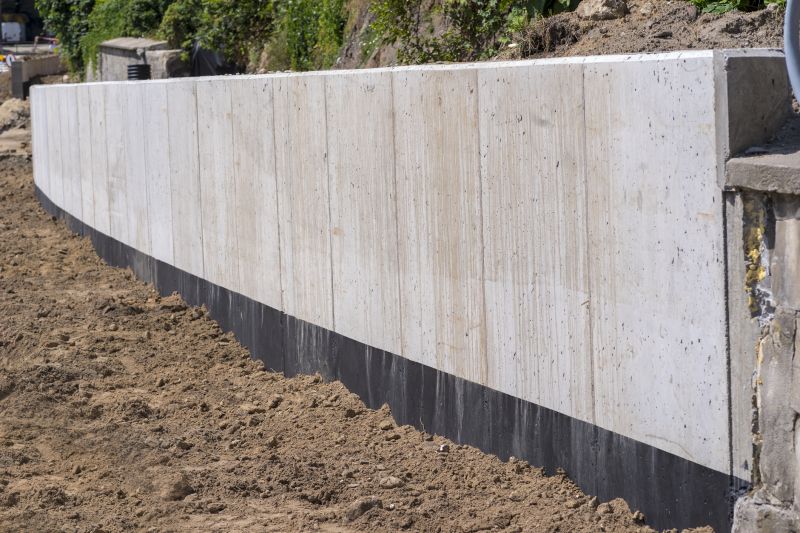
Spring offers moderate temperatures ideal for concrete work, reducing curing issues.
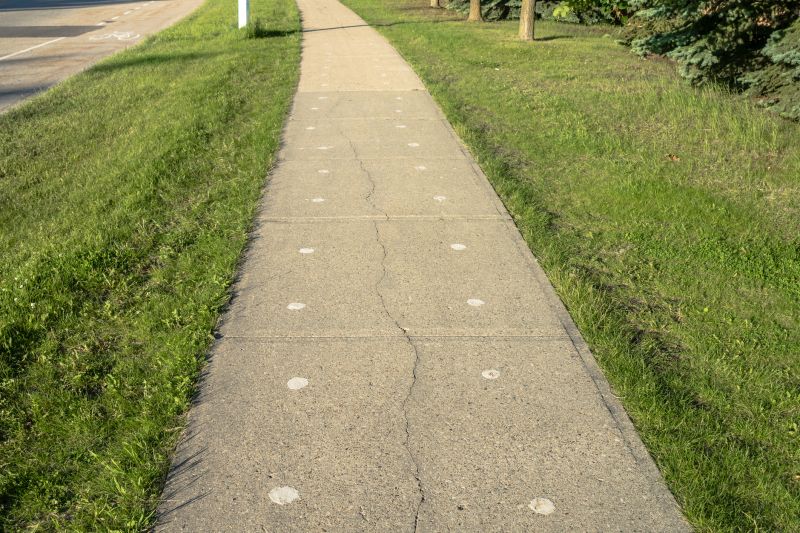
Warm weather can accelerate curing, but excessive heat may cause cracking if not managed properly.
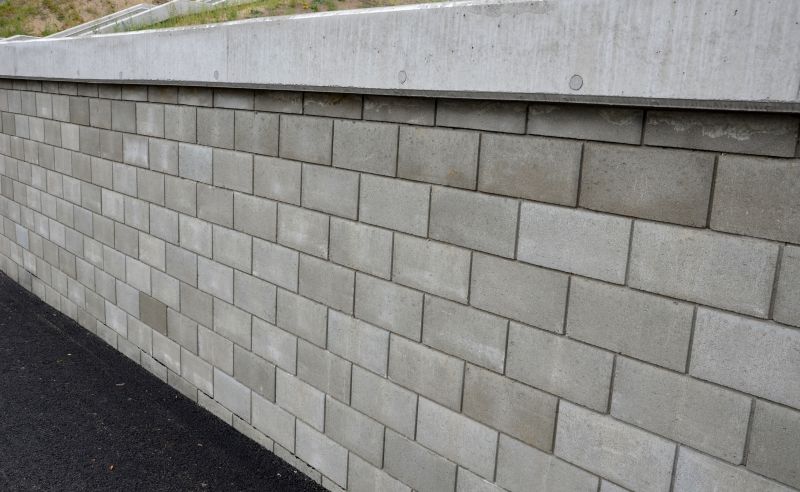
Cooler temperatures and lower humidity provide stable conditions for installation and repairs.
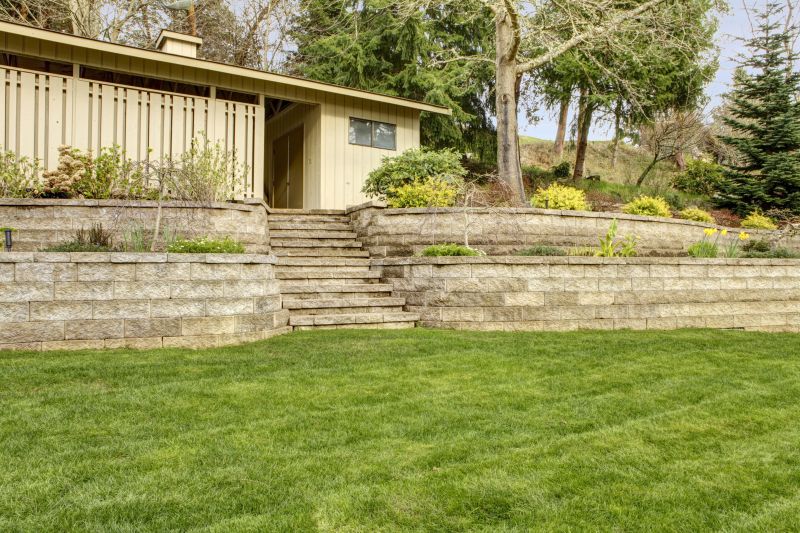
Ways to make Concrete Retaining Wall Installation And Repairs work in tight or awkward layouts.
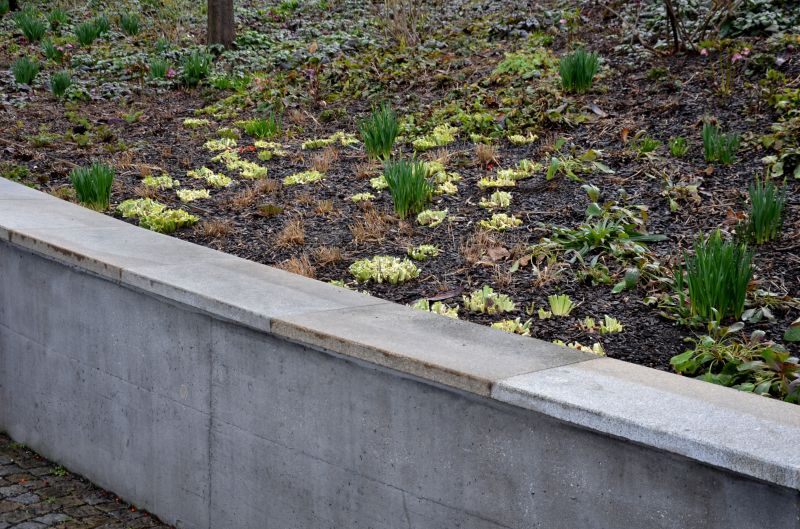
Popular materials for Concrete Retaining Wall Installation And Repairs and why they hold up over time.
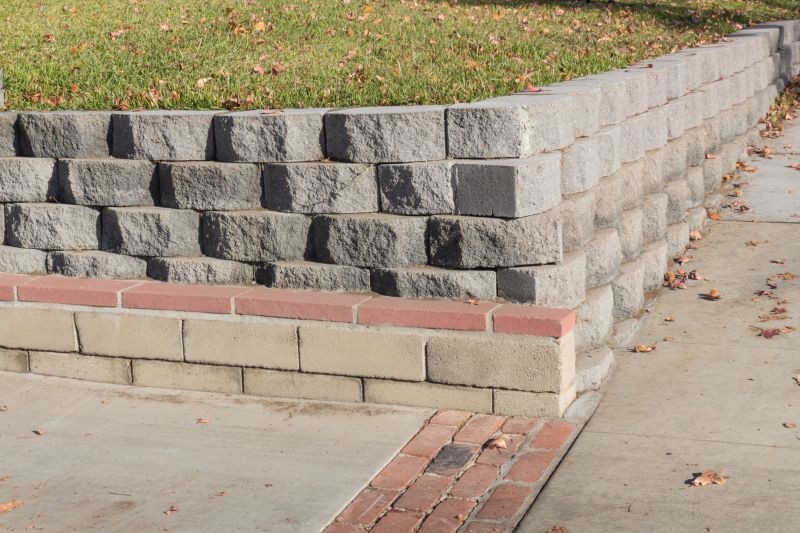
Simple add-ons that improve Concrete Retaining Wall Installation And Repairs without blowing the budget.
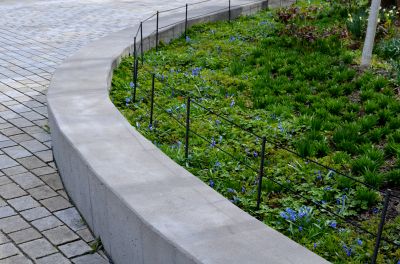
High-end options that actually feel worth it for Concrete Retaining Wall Installation And Repairs.
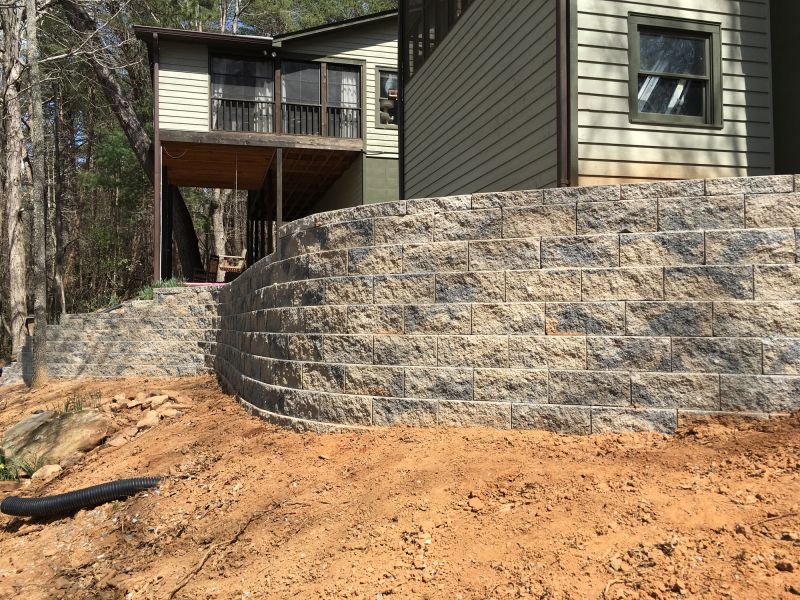
Finishes and colors that play nicely with Concrete Retaining Wall Installation And Repairs.
Concrete retaining wall installation and repairs are influenced by weather conditions, with optimal periods typically during moderate temperatures. Proper timing ensures the concrete cures correctly, reducing the risk of cracks and structural issues. Seasonal considerations can impact project timelines, with spring and fall generally offering the most favorable conditions for durable results.
Statistics indicate that concrete curing is most effective when temperatures are between 50°F and 85°F. Extreme heat or cold can compromise the integrity of the wall, leading to increased repair costs and reduced lifespan. Planning installations during stable weather minimizes delays and enhances the longevity of the structure.
Temperature fluctuations can cause expansion and contraction, affecting wall stability.
Consistent moderate temperatures ensure proper curing and bonding.
Addressing damages in favorable weather prevents further deterioration.
Scheduling during spring or fall can reduce weather-related delays.
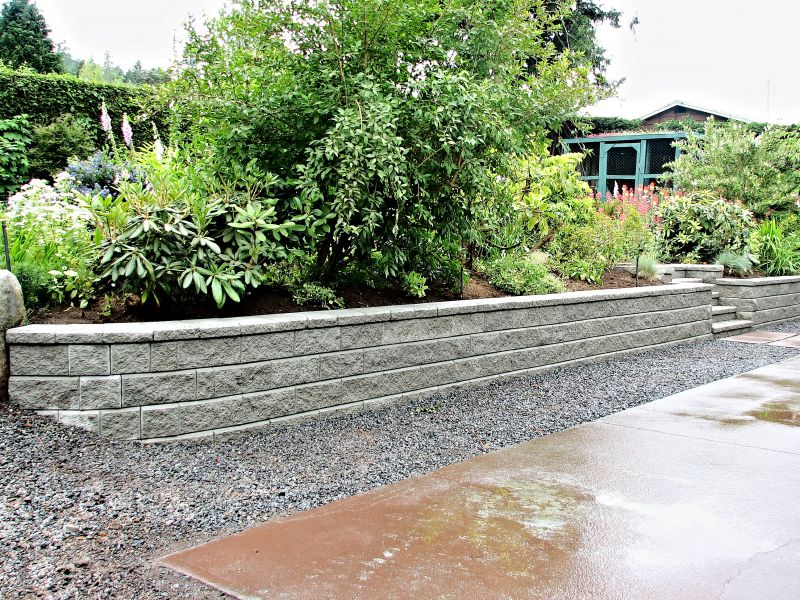
Ideal for new projects due to moderate weather conditions.
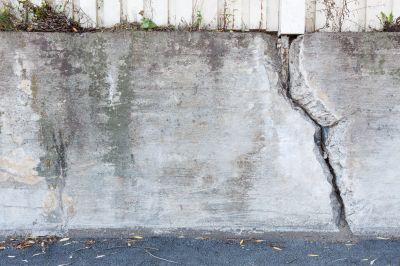
Effective for addressing damages before winter.
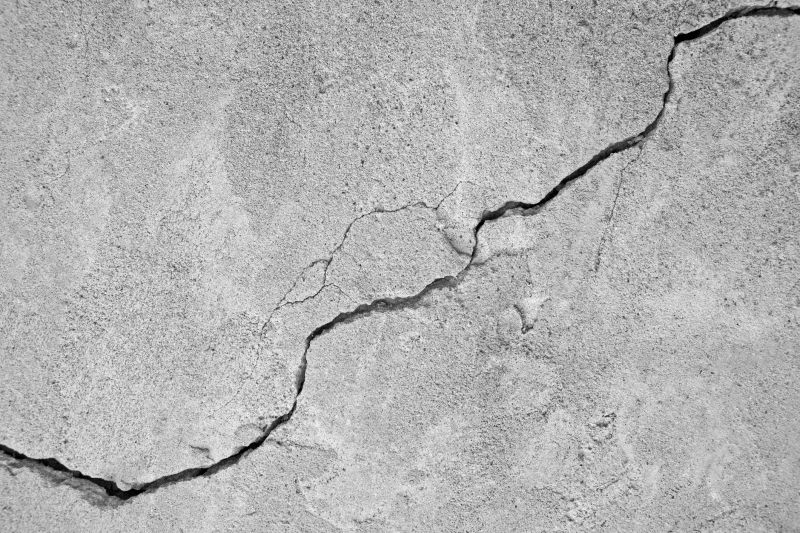
High temperatures require careful planning to prevent cracking.
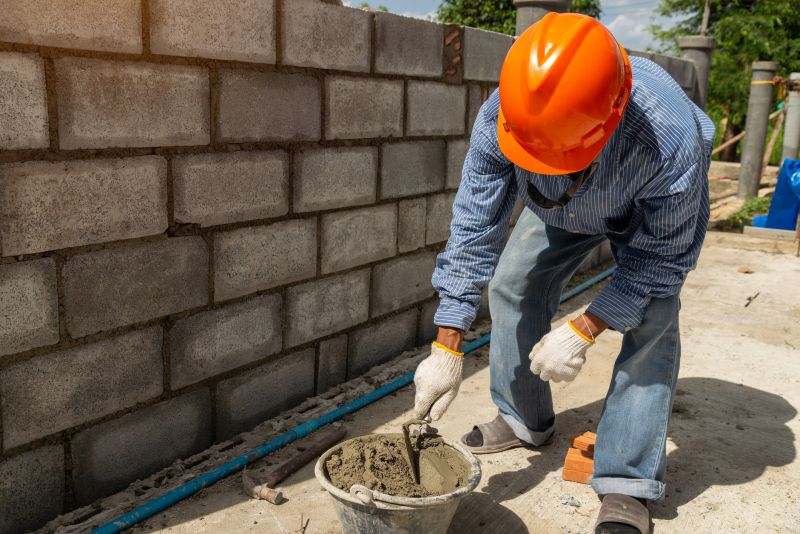
Little measurements that prevent headaches on Concrete Retaining Wall Installation And Repairs day.
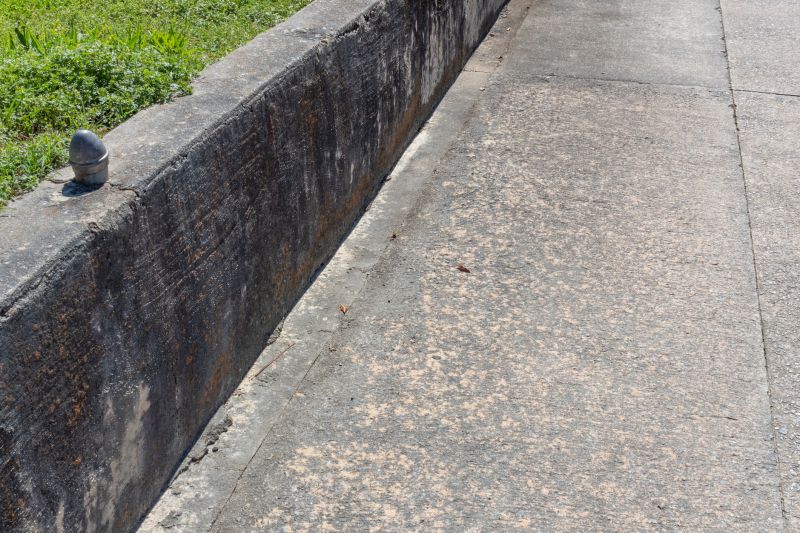
A 60-second routine that keeps Concrete Retaining Wall Installation And Repairs looking new.
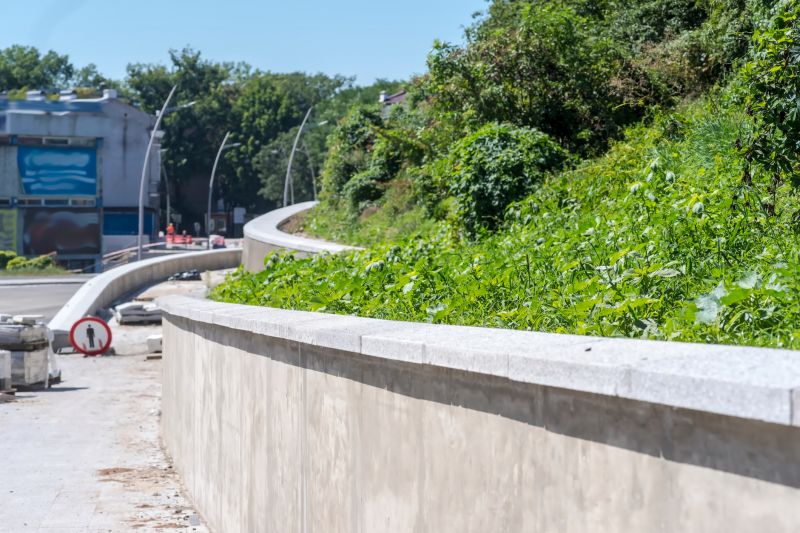
A frequent mistake in Concrete Retaining Wall Installation And Repairs and how to dodge it.
| Season | Recommended Activities |
|---|---|
| Spring | Installation and repairs due to optimal curing conditions. |
| Summer | Limited repairs; avoid during peak heat, or schedule early morning or late evening. |
| Fall | Ideal for repairs and new installations before cold weather. |
| Winter | Generally not recommended for installation; repairs depend on climate. |
Choosing the right time for concrete retaining wall installation and repairs is crucial for ensuring durability and structural integrity. Proper scheduling based on seasonal weather patterns minimizes risks associated with improper curing and environmental stressors. Consulting with professionals can help determine the most suitable window for specific project requirements.
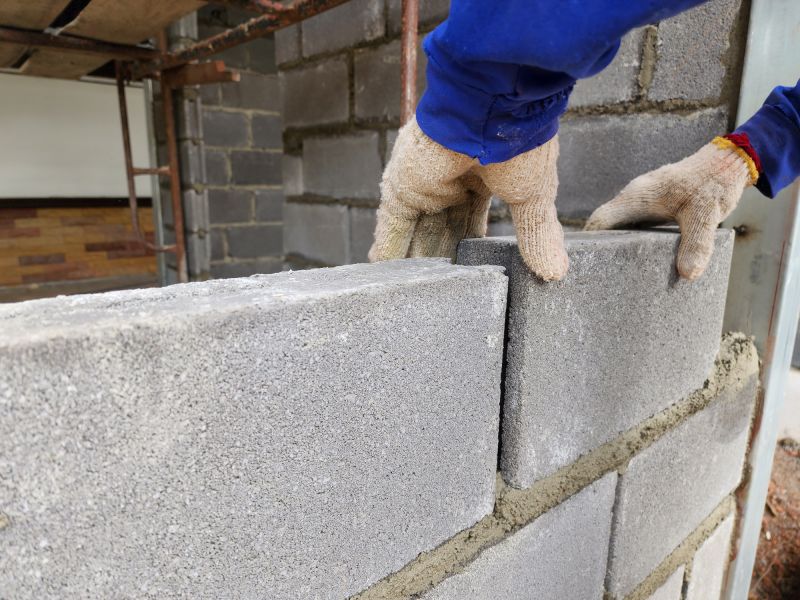
Shows installation during favorable weather conditions.
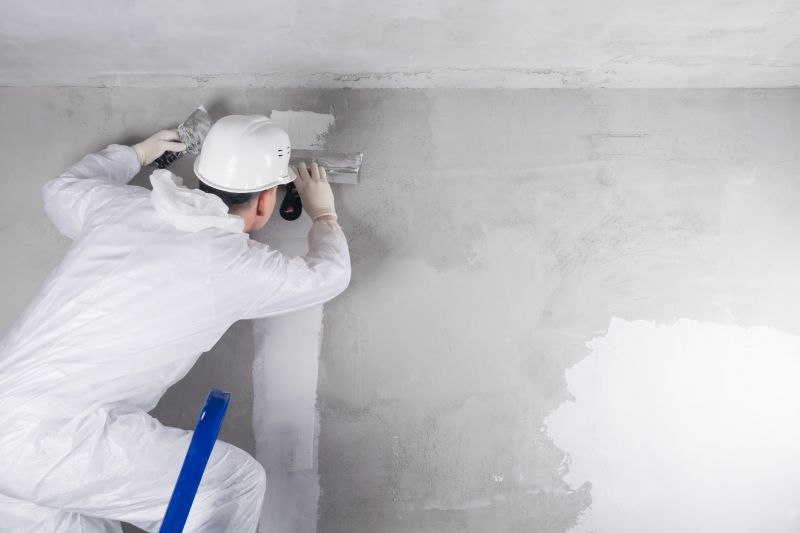
Repairs performed during optimal seasonal conditions for best results.
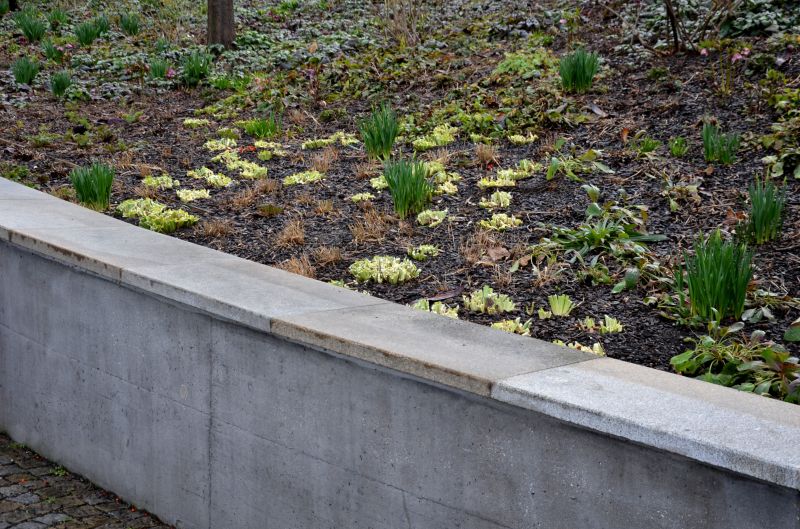
Weather conditions are monitored to schedule installation and repairs effectively.
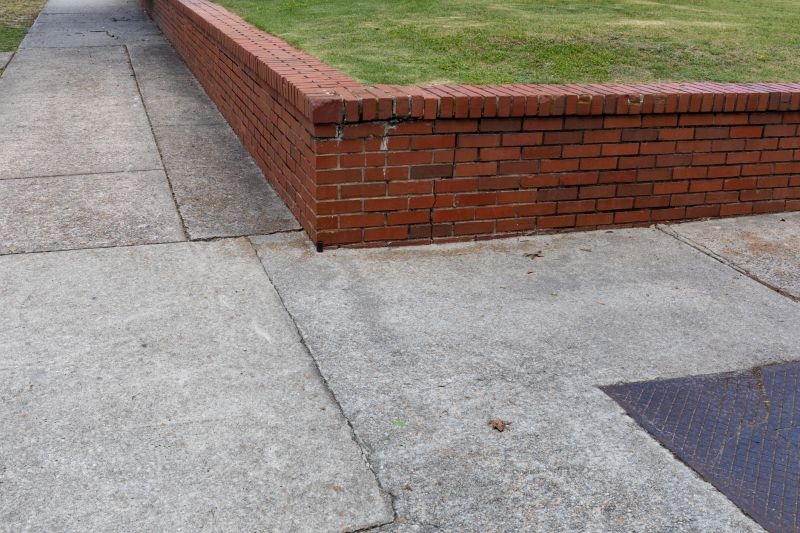
Displays a durable structure built during the recommended season.
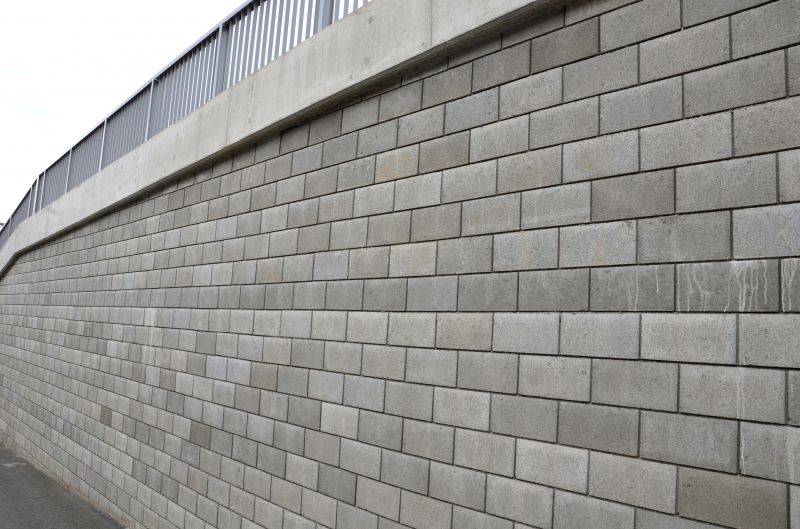
Small tweaks to make Concrete Retaining Wall Installation And Repairs safer and easier to use.
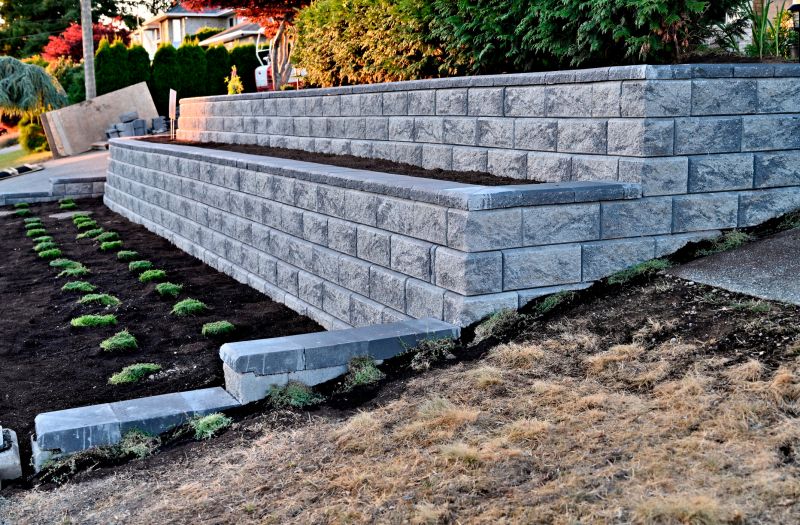
Lower-waste or water-saving choices for Concrete Retaining Wall Installation And Repairs.
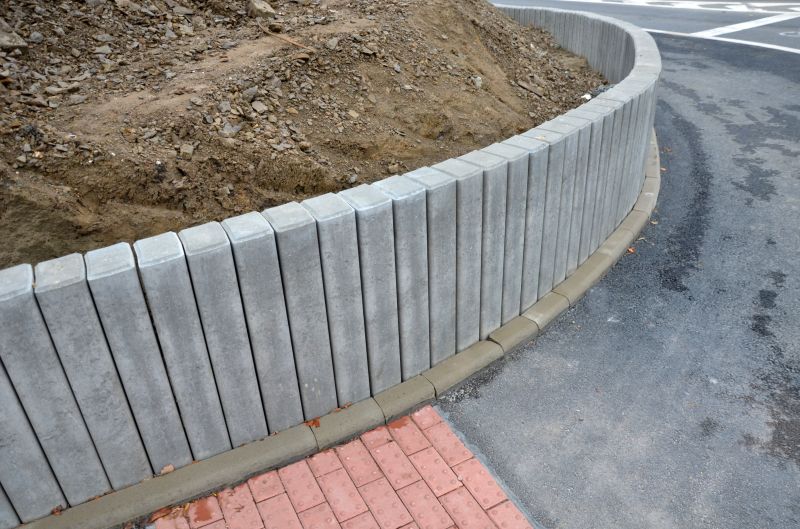
The short, realistic tool list for quality Concrete Retaining Wall Installation And Repairs.
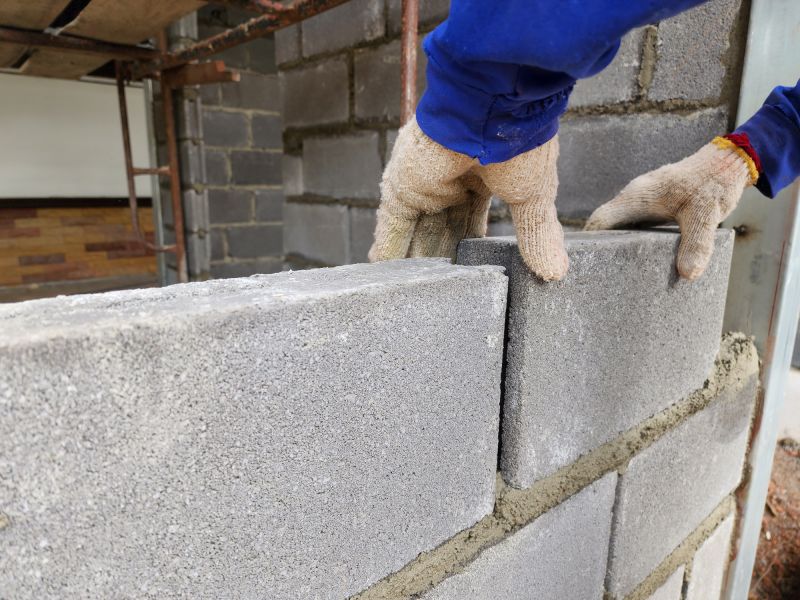
Rough timing from prep to clean-up for Concrete Retaining Wall Installation And Repairs.
Interested parties are encouraged to contact for further guidance on scheduling concrete retaining wall installation and repairs. Proper timing, combined with expert planning, ensures the longevity and stability of the structure, making it a valuable investment for landscape and property management.
